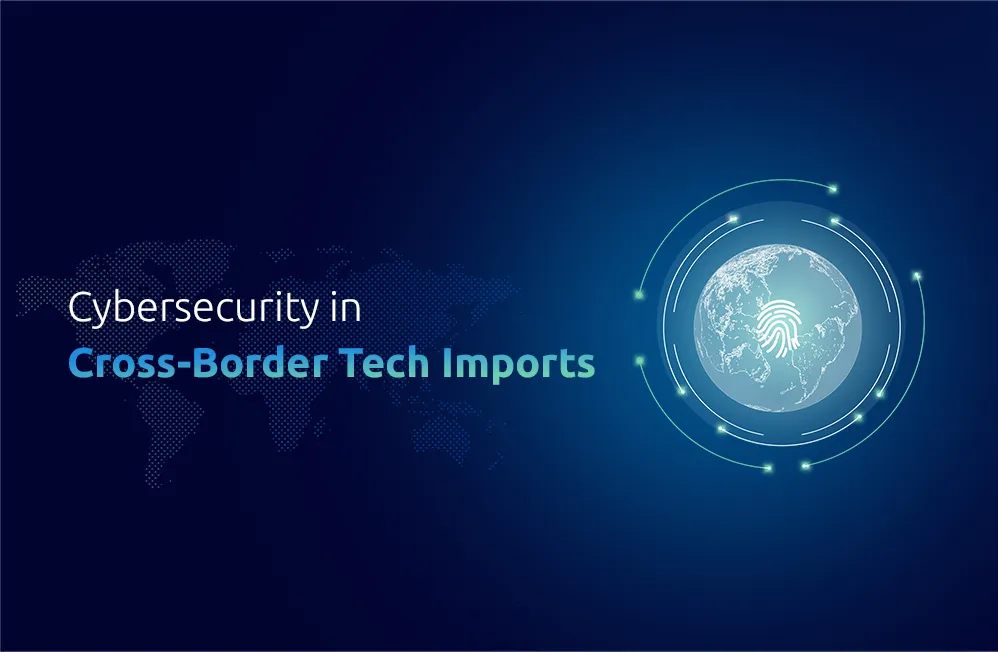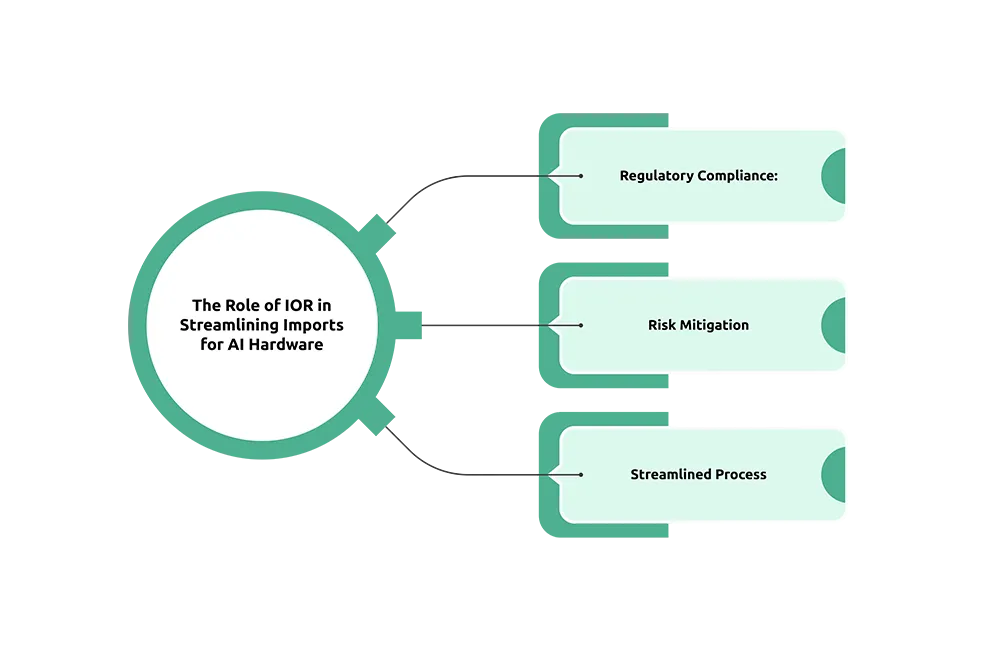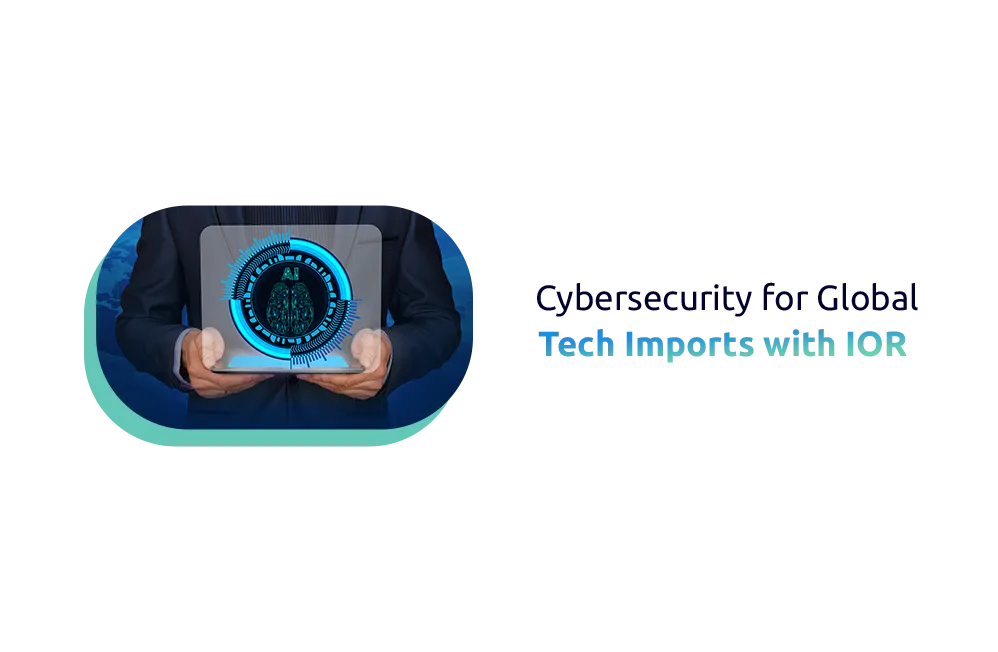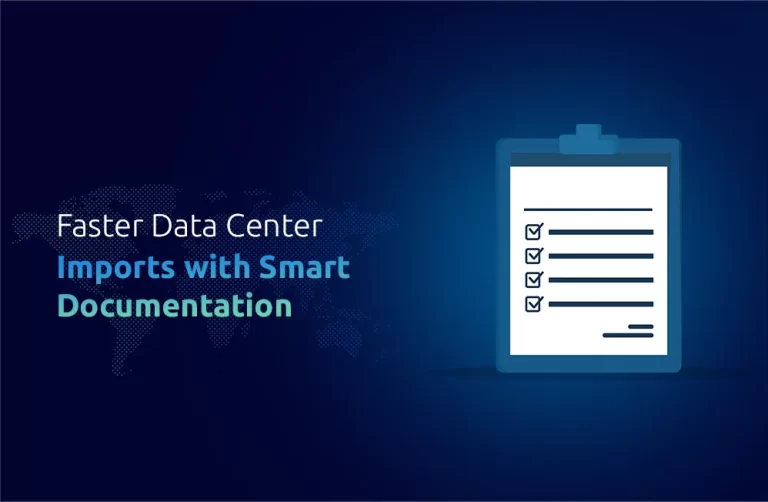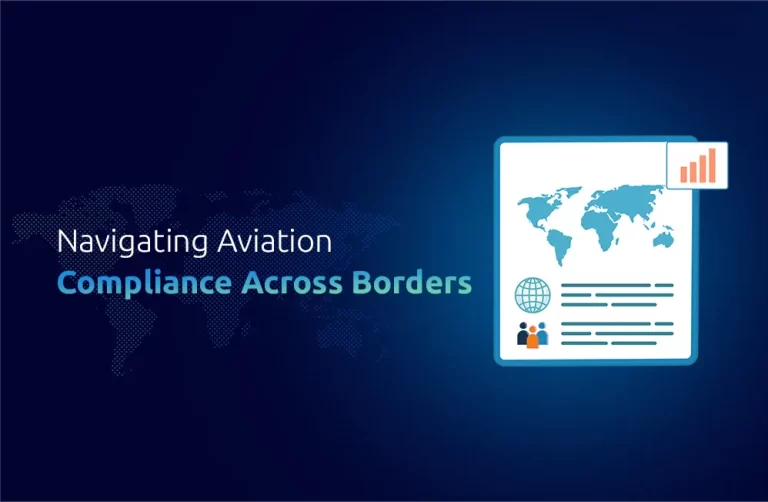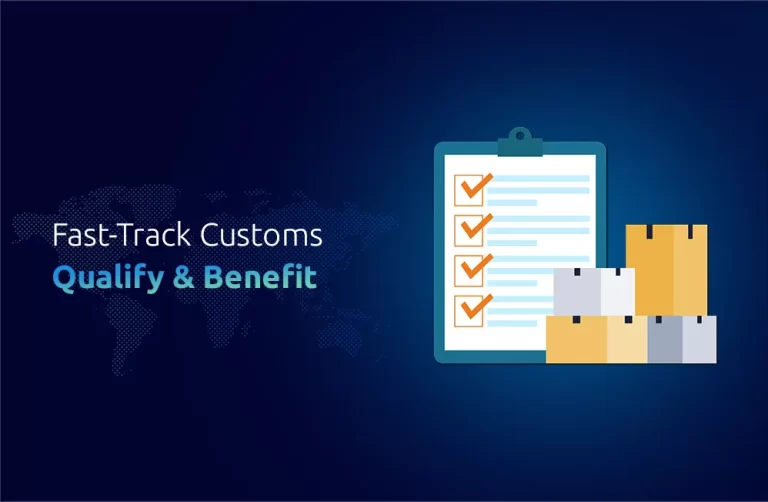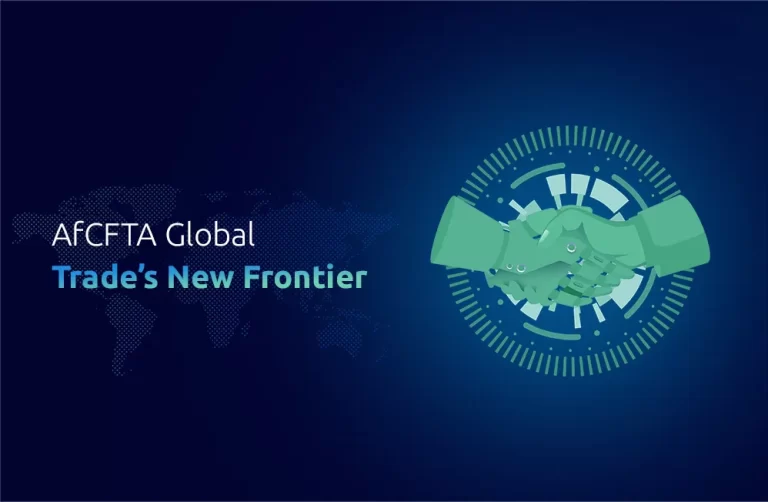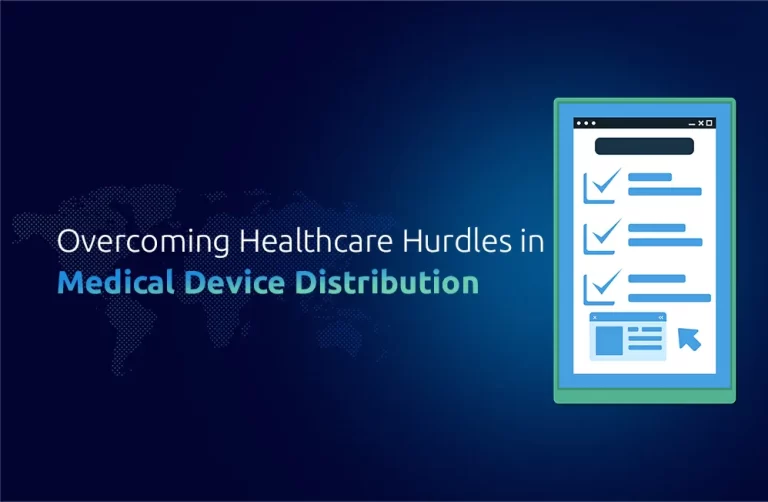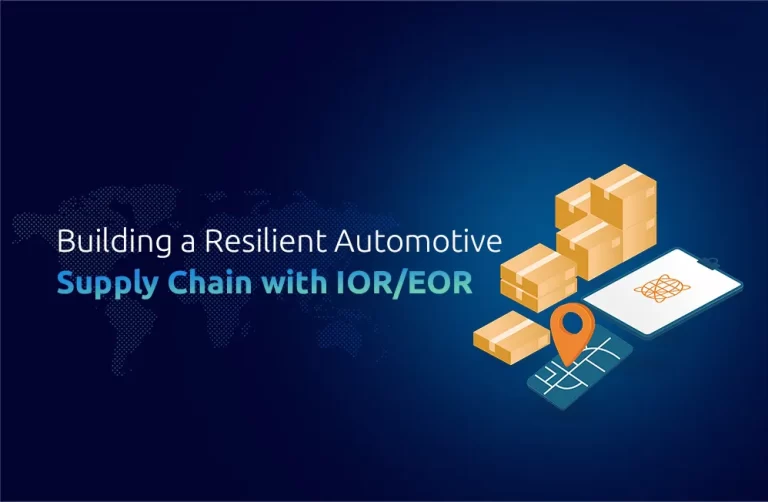Insight
At the core of today’s interconnected global world lies technology exchange across borders: its power has long been at the core of innovation and growth. But with an increase in cross-border tech imports has come increased concerns regarding cybersecurity; businesses relying heavily on global tech transfers must take care to protect data and systems during transactions to protect the integrity of transactions; in such fields as IT/data centers where system security must be protected through Importer of Record (IOR) processes to ensure safe technology imports.
Understanding Cybersecurity Risks in Cross-Border Tech Imports
Cross-border technology imports present numerous risks due to their complex supply chains and multiple touchpoints between exporters and end users, providing opportunities for cyber attacks at each touchpoint along the journey. Data breaches, hardware tampering and software vulnerabilities are some of the greatest dangers. Cybercriminals could take advantage of intervals in supply chain security to implant malicious software or access sensitive data. Augmented dependence on cloud services and digital infrastructures amplifies these risks. Market research shows that nearly 60% of global businesses experienced supply chain cyberattacks last year, highlighting the urgency for companies importing tech imports to implement strict cybersecurity standards and mitigate associated risks effectively. Effective management requires an in-depth knowledge of both technical and regulatory landscapes in their importation practices.
Importer of Record Plays a Vital Role in Ensuring Safe Tech Imports
An IOR is responsible for overseeing both legal and logistical aspects of importing goods into another country, including compliance with regulations and ensuring safe transport. Their role can differ significantly depending on regional regulatory environments. An IOR must navigate GDPR-compliant data protection measures, while in the US, they must meet CMMC requirements. Japan and Korea require additional scrutiny on data encryption standards due to differing regulatory landscapes that necessitate tailored strategies to maintain security and compliance.
In terms of technology imports, IOR’s role goes beyond simple compliance to encompass cybersecurity responsibilities such as screening suppliers and verifying authenticity before adhering to regulations pertaining to importation. An IOR ensures all security measures are in place during the importation process by acting as the sole point of accountability. Implement protocols to protect unauthorized access to sensitive data while in transit and ensure compliance with global cybersecurity measures, thus reducing the chance of cyber incidents while s
How IOR Can Protect against Potential Threats during Tech Transit
Tech transit is an essential step in the cross-border technology import process, as instances exist where non-encrypted storage devices were intercepted during shipment and led to significant data breaches. At this stage, cybersecurity protocols become even more critical. Systems and equipment become vulnerable to tampering or unauthorized access; an IOR’s cybersecurity strategy plays a vital role in mitigating such risks. One of the main ways in which IORs protect technology during transit is with secure packaging and tracking solutions.
These measures prevent physical and digital interference to ensure hardware and software arrive undamaged and uncompromised. Advanced encryption techniques can also be implemented to safeguard data integrity during transit, safeguarding sensitive information from being intercepted. IORs collaborate with logistics providers to create secure shipping routes and implement strict monitoring systems – these allow real-time tracking of shipments as well as alerts in case of anomalies – further supporting supply chain security. IORs act as a proactive defense against cyber threats when technology transits.
Compliance and Regulatory Standards in Cybersecurity for Cross-Border Imports
Compliance with international cybersecurity standards such as ISO 27001 is central to secure cross-border tech imports. Regulatory frameworks like Europe’s General Data Protection Regulation (GDPR) and its equivalent in America – Cybersecurity Maturity Model Certification (CMMC) – set stringent requirements for data protection and system security. An IOR ensures compliance with these standards by working in coordination with stakeholders across their supply chains.
This involves checking that imported technology satisfies certification requirements as well as taking measures to address region-specific cybersecurity challenges. Singapore, which has arisen as an international hub for data centres and IT exports, adheres to stringent data sovereignty regulations that prioritize cross-border data flow security. Non-compliance can result in severe fines and damage to companies’ reputations; by adhering to them closely, an IOR not only safeguards data systems while building trust among clients and partners but also facilitates secure cross-border transactions.
As businesses embrace advanced technologies in their operations across borders, secure data importing and cybersecurity have become critical considerations. Companies should strive to innovate and expand internationally, but supply-chain security measures remain a priority throughout this process. The emergence of cross-border tech innovation has fueled the need to develop better solutions for the processing of the data created by new digital infrastructures and cloud-based services. When integrated with modern practices and technology, it becomes possible to protect data assets and mitigate risks of cyberattacks that target information in transit and at rest. This is where the Importer of Record (IOR) is critical for businesses to adopt these security innovations and regulatory compliance around cybersecurity.
Case Study: Successful Implementation of IOR Practices to Safeguard Data Integrity and System Security
Consider the case of a global IT firm importing advanced servers and networking equipment for use in India’s data centre, working alongside an expert IOR to manage cybersecurity risks successfully. IOR conducted extensive supplier assessments, ensuring all components came from certified manufacturers and that encrypted tracking systems were employed during shipment to detect any tampering with deliveries and prevent their alteration. Once on location, IOR coordinated with local authorities to expedite customs clearance quickly, thus limiting its exposure to potential threats. Rigorous testing ensured no vulnerabilities were introduced during transit – resulting in a smooth importation process that protected data integrity and reinforced system security so the IT firm could deploy its infrastructure with confidence.
Utilize IOR to Improve Cybersecurity in Global Tech Transactions
With an ever-evolving digital landscape, secure cross-border tech imports cannot be understated. An IOR’s role in protecting data and systems against cybersecurity threats cannot be overemphasized. Implementing strict security protocols, adhering to regulatory compliance, and upholding accountability strengthens the importation process as a whole. Businesses operating within the IT and data center industries should partner with a reliable IOR as an essential element of their cybersecurity and operational efficiency strategy. One Union Solutions stands out in this field, delivering tailored services that handle the unique challenges associated with cross-border technology imports. By prioritizing security and compliance measures during global tech transactions, businesses can confidently navigate them and drive innovation forward.
Did You Know that
government data indicates that over 70% of global IT exports come from key hubs such as the United States, China and Germany? Recent trends demonstrate an increasing share of exports coming from emerging markets in Southeast Asia due to their rising presence in the digital economy. India, in particular, is known for its fast-growing digital economy – an estimated $15 billion is spent annually importing IT technology imports – making cybersecurity in these transactions vital in maintaining economic growth and technological innovation.
FAQs
Q: What is the Role of the Importer of Record (IOR) in Tech Imports?
Ans: An IOR oversees compliance, security and logistics for cross-border tech imports while assuring data and system integrity.
Q: How can an IOR protect technology during transport?
Ans: Integrated Operations Response Centers use secure packaging, encrypted tracking systems, and real-time monitoring systems to prevent tampering and ensure safe delivery
Q: Why are regulatory compliance considerations essential in tech imports?
Ans: Adherence to global cybersecurity standards such as ISO 27001 is vital in maintaining legal compliance & protecting data from breaches.
Q: What are the cybersecurity risks involved with cross-border tech imports?
Ans: Common risks involve hardware tampering, software vulnerabilities, and supply chain intricacies that allow data breaches.
Q: How does One Union Solutions improve cybersecurity for tech imports?
Ans: One Union Solutions provides customized services designed to ensure a smooth technology importation experience.

